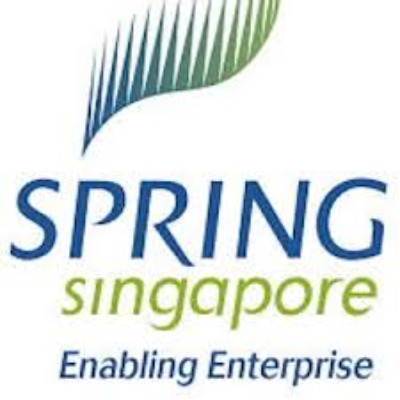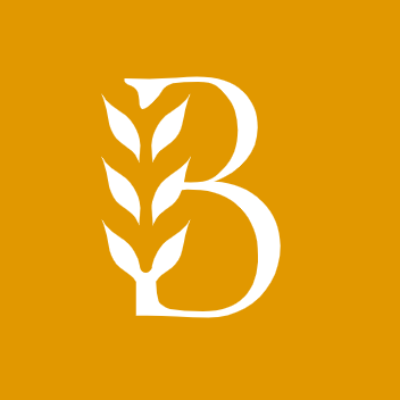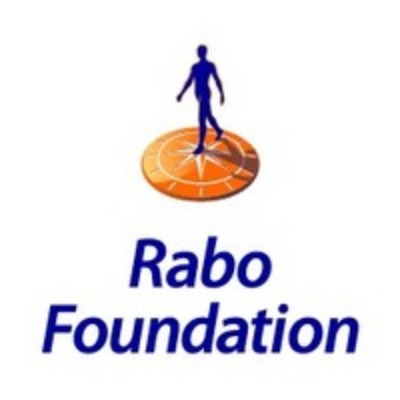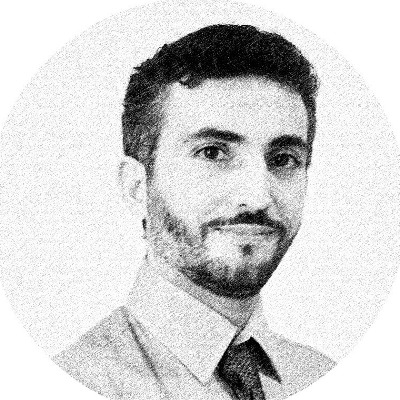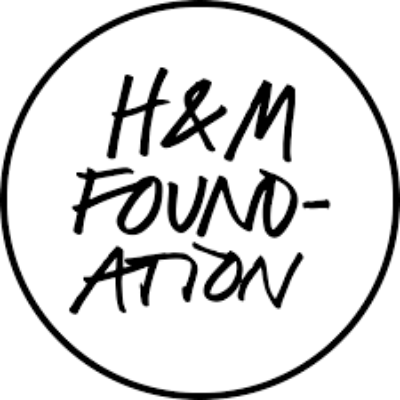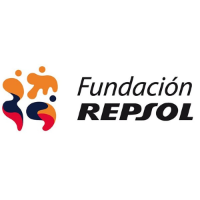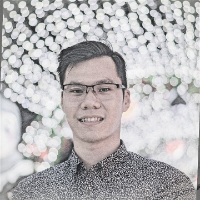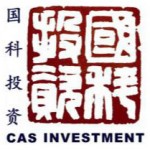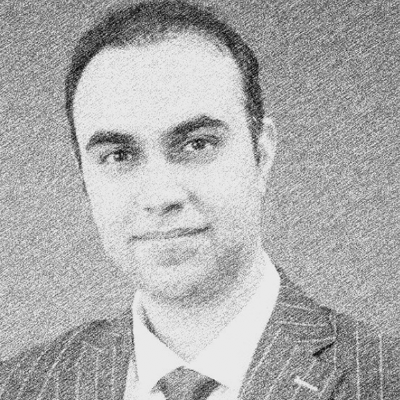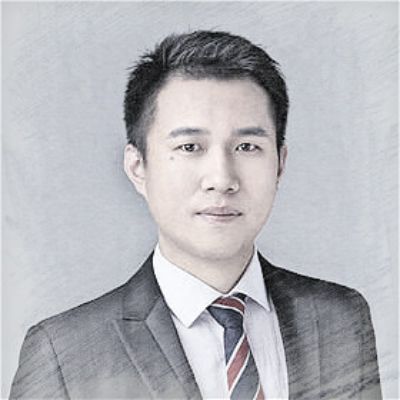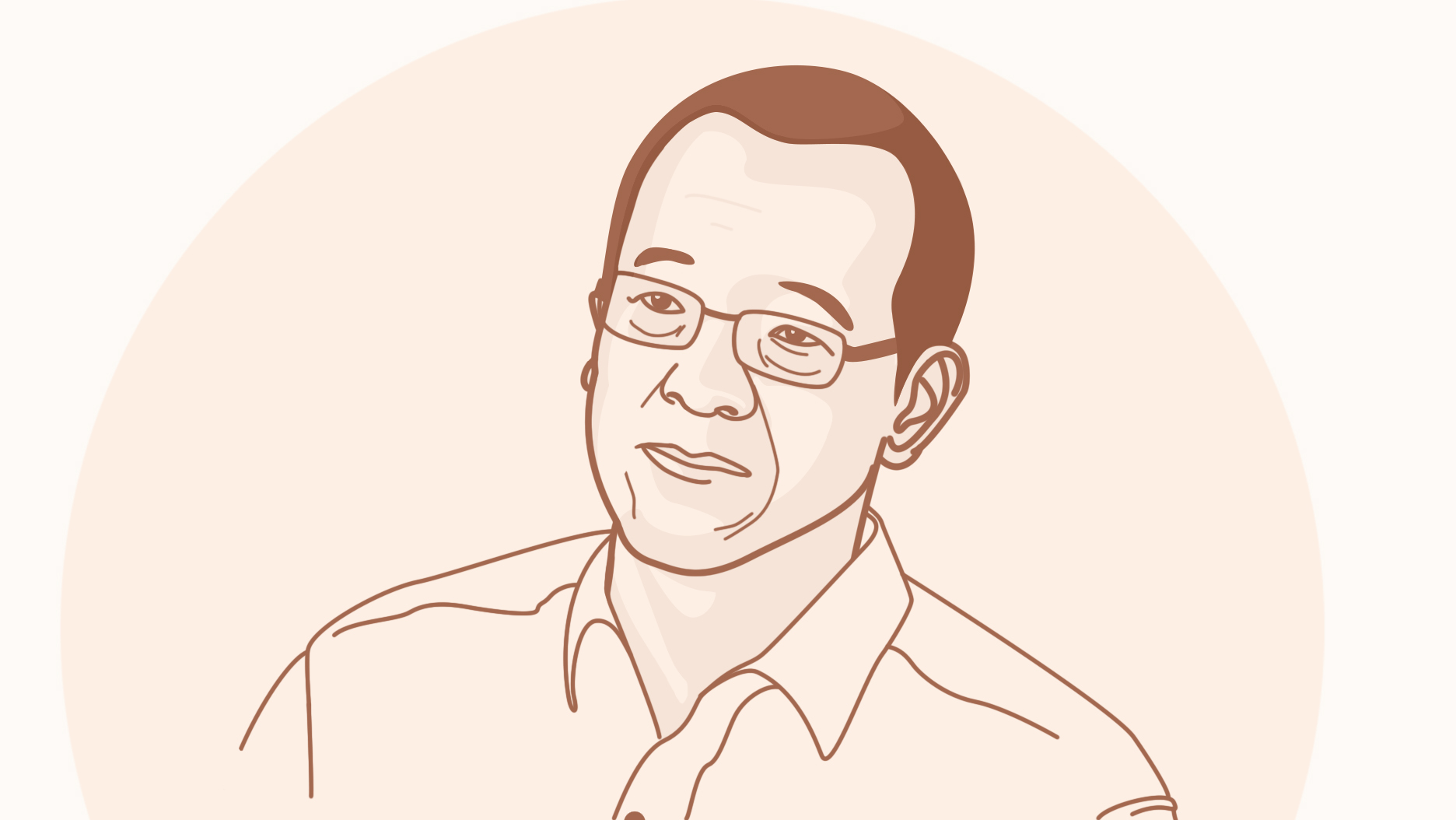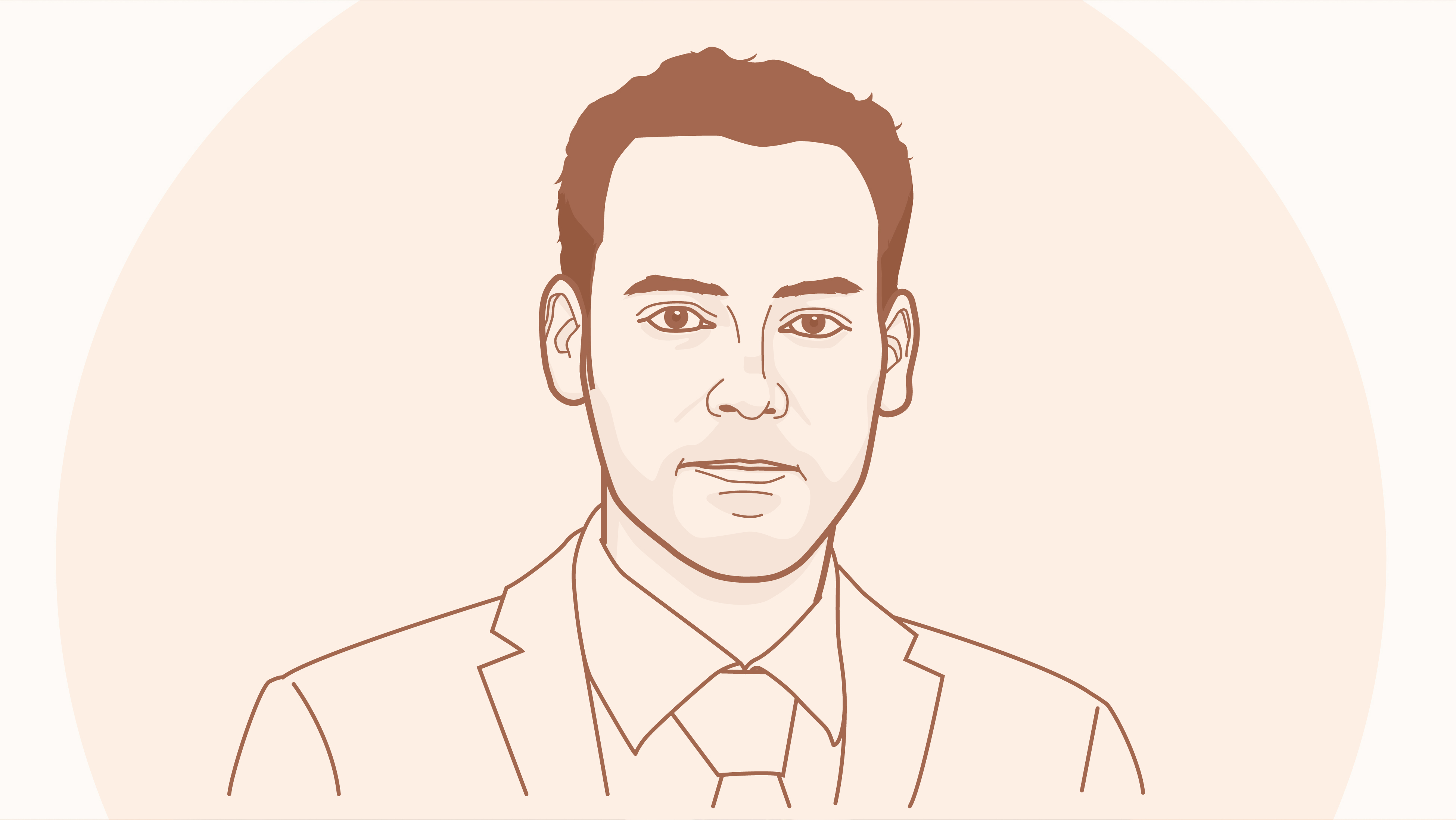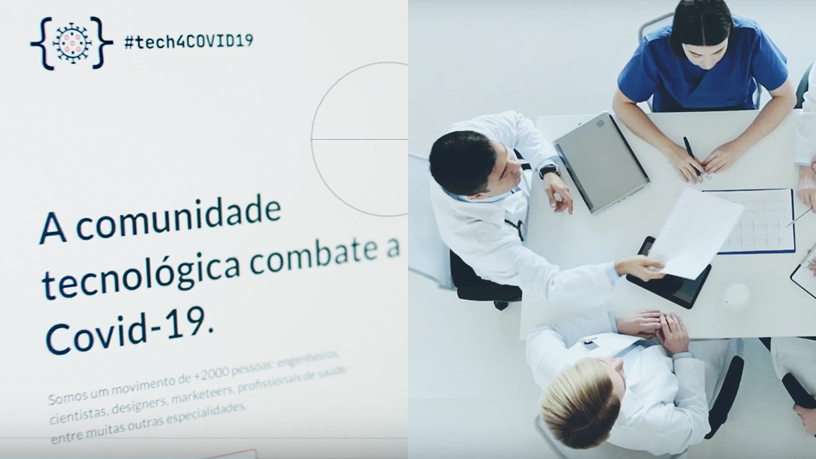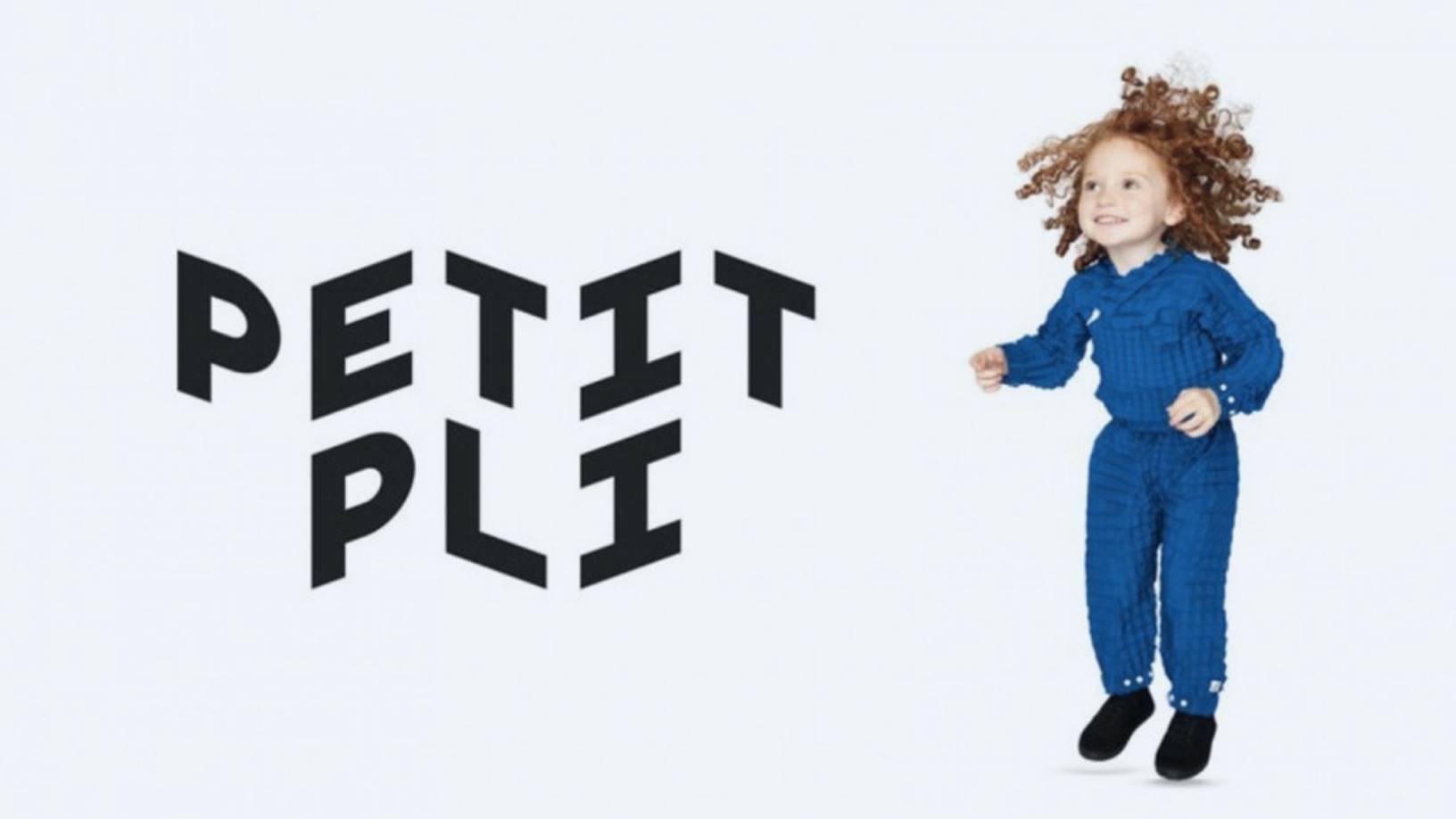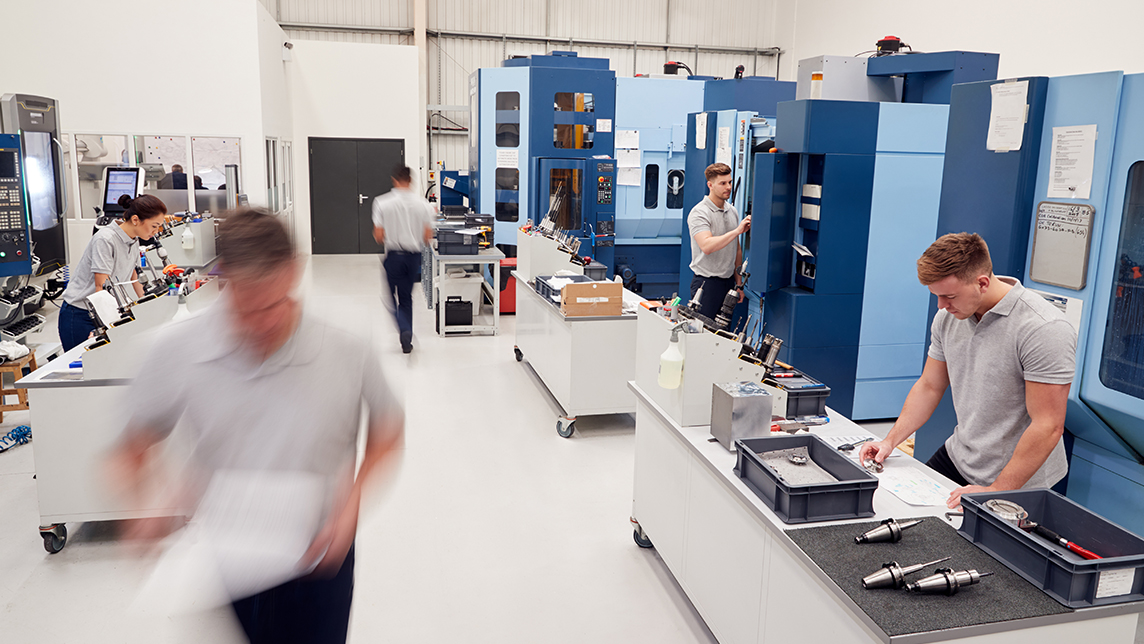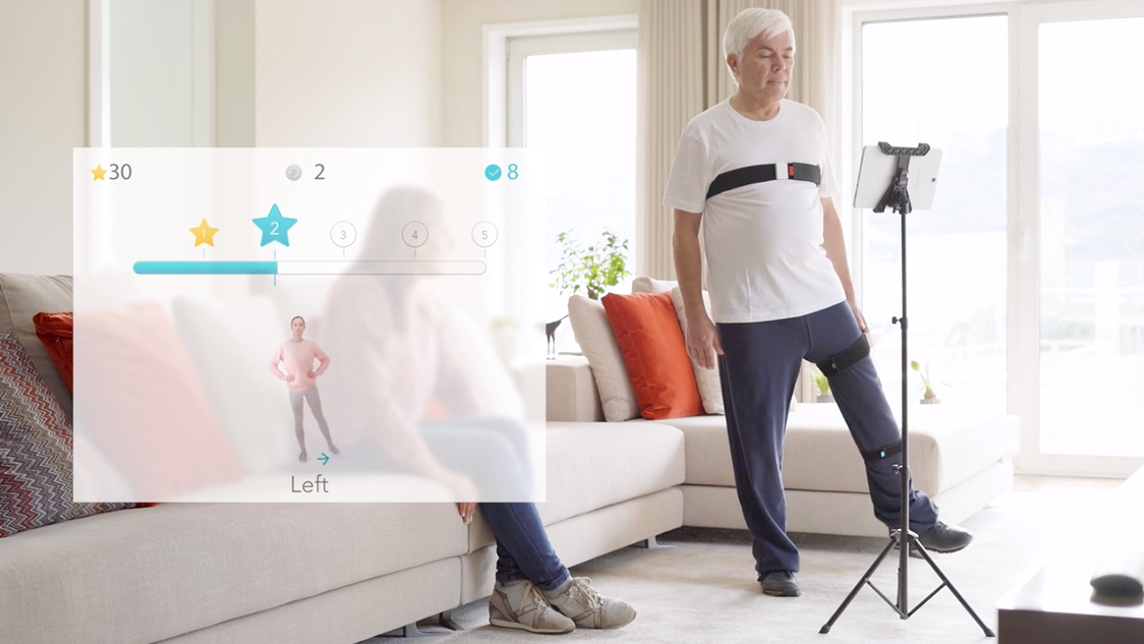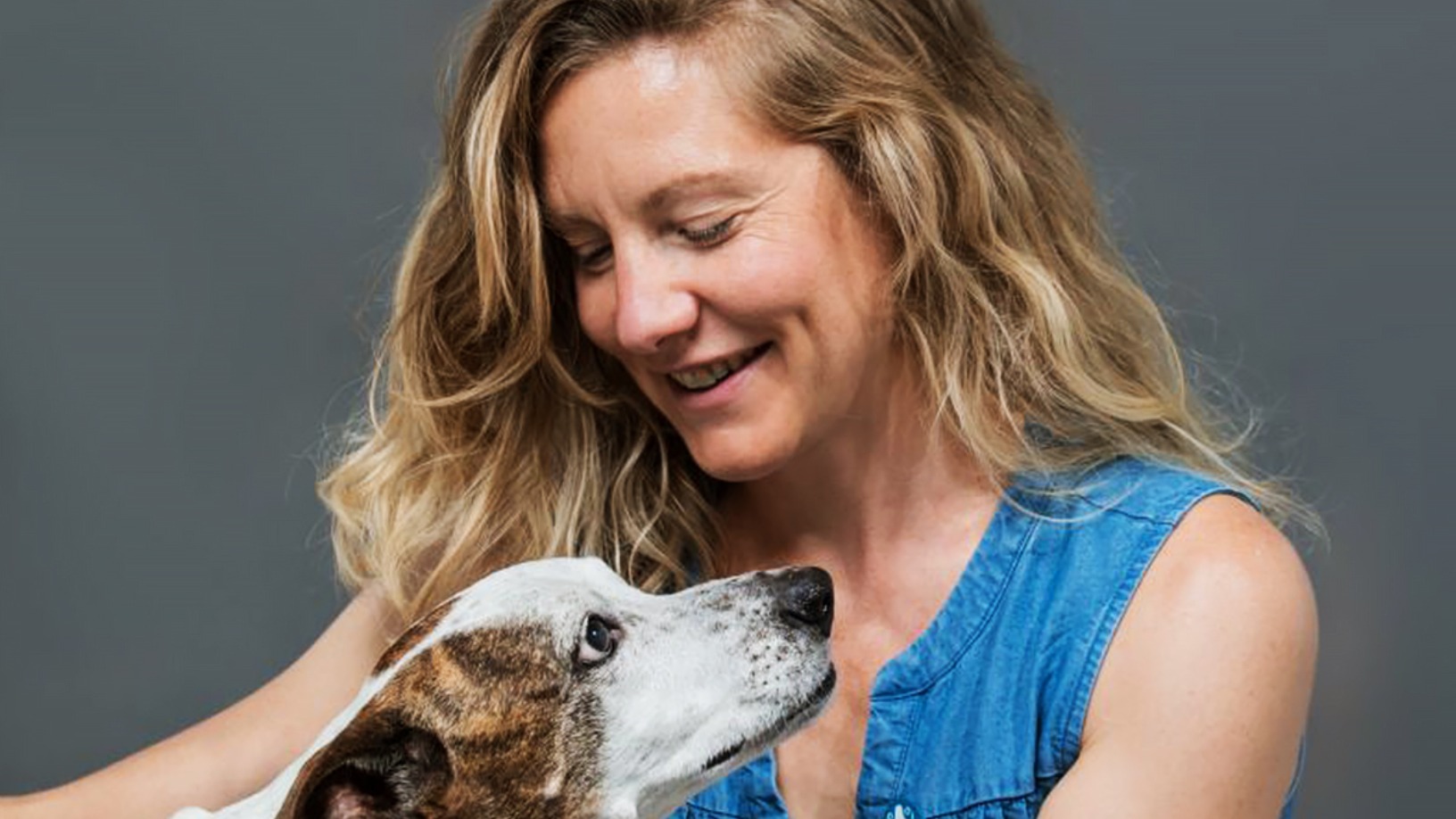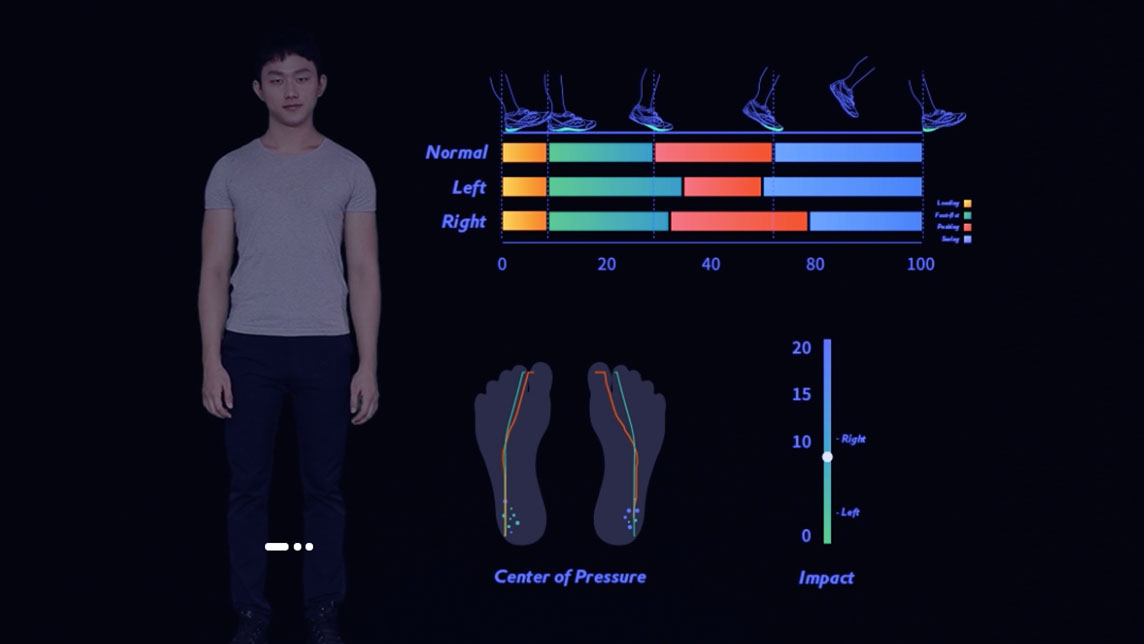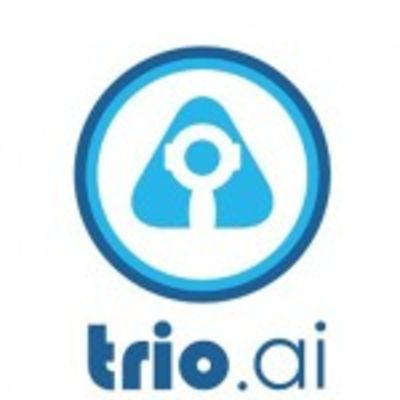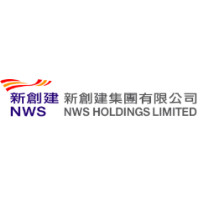National Research Foundation Singapore
-
DATABASE (428)
-
ARTICLES (524)
The Standards, Productivity and Innovation Board (SPRING Singapore) used to be a statutory board under the Ministry of Trade and Industry of Singapore. It was also the national standards and conformance body, tasked with developing and promoting internationally-recognized standards and quality assurance infrastructure.In April 2018, SPRING Singapore and International Enterprise Singapore were merged to form a single agency, Enterprise Singapore, a government agency championing enterprise development.
The Standards, Productivity and Innovation Board (SPRING Singapore) used to be a statutory board under the Ministry of Trade and Industry of Singapore. It was also the national standards and conformance body, tasked with developing and promoting internationally-recognized standards and quality assurance infrastructure.In April 2018, SPRING Singapore and International Enterprise Singapore were merged to form a single agency, Enterprise Singapore, a government agency championing enterprise development.
Based in the municipality of Falkenburg, the Bertebos Foundation was founded in 1994 by Olof and Brita Stenström to promote education and scientific research in the food industry. The family-run foundation holds 30% shares in the family business Bertegruppen AB. The group’s food brand portfolio includes producer of ice-cream and sorbets SIA Glass and Berte Qvarn that runs a dairy farm, flour mill and bakery.
Based in the municipality of Falkenburg, the Bertebos Foundation was founded in 1994 by Olof and Brita Stenström to promote education and scientific research in the food industry. The family-run foundation holds 30% shares in the family business Bertegruppen AB. The group’s food brand portfolio includes producer of ice-cream and sorbets SIA Glass and Berte Qvarn that runs a dairy farm, flour mill and bakery.
Based in San Francisco, the Mulago Foundation is a philanthropic foundation designed to carry on the life work of pediatrician Rainer Arnhold who died in 1993 while working in the mountains of Bolivia. He originally set up the Mulago Foundation in 1968, naming it after a hospital in Uganda. His Jewish family, bankers for generations, continued to support the foundation for impact investing across diverse sectors and geographies, with scalable solutions to alleviate poverty.It has invested in 61 companies to date. Successful ventures include: Kenya’s Komaza that raised $28m in its 2020 Series B and Myanmar’s Proximity Finance, a fintech for small-holder farmers that raised $14m in 2020. Komaza helps poor families turn dry land into small-scale, income-generating tree farms, benefiting more than 2m farmers in Sub-Saharan Africa.
Based in San Francisco, the Mulago Foundation is a philanthropic foundation designed to carry on the life work of pediatrician Rainer Arnhold who died in 1993 while working in the mountains of Bolivia. He originally set up the Mulago Foundation in 1968, naming it after a hospital in Uganda. His Jewish family, bankers for generations, continued to support the foundation for impact investing across diverse sectors and geographies, with scalable solutions to alleviate poverty.It has invested in 61 companies to date. Successful ventures include: Kenya’s Komaza that raised $28m in its 2020 Series B and Myanmar’s Proximity Finance, a fintech for small-holder farmers that raised $14m in 2020. Komaza helps poor families turn dry land into small-scale, income-generating tree farms, benefiting more than 2m farmers in Sub-Saharan Africa.
Shell Foundation is the not-for-profit investment arm of the global energy giant Shell. Based in London, the foundation was set up in 2000 to invest in social and environmental impact companies, including startups with the potential to reach out to over 10m low-income consumers and achieve financial viability within 10 years. The foundation mainly invests at the pre-seed and seed funding stage and currently has 77 startups in its portfolio. In January 2021, it joined the $790,000 seed round of African agritech social enterprise AgroCenta and also gave a $350,000 grant to sustainable mobility platform Easy Matatu in Uganda.
Shell Foundation is the not-for-profit investment arm of the global energy giant Shell. Based in London, the foundation was set up in 2000 to invest in social and environmental impact companies, including startups with the potential to reach out to over 10m low-income consumers and achieve financial viability within 10 years. The foundation mainly invests at the pre-seed and seed funding stage and currently has 77 startups in its portfolio. In January 2021, it joined the $790,000 seed round of African agritech social enterprise AgroCenta and also gave a $350,000 grant to sustainable mobility platform Easy Matatu in Uganda.
The Ford Foundation is an international philanthropy established in 1936 by Edsel Ford, son of the founder of the Ford Motor Company Henry Ford. The foundation funds initiatives in various fields with the goal of advancing human welfare. Headquartered in New York, it has offices outside the US, including an Indonesian branch that was opened in 1953. In 2014, it awarded a total of US$750,000 to 12 projects through Cipta Media Seluler (CMS), an open grant that supports social change initiatives powered by mobile phone-related technologies in Indonesia.
The Ford Foundation is an international philanthropy established in 1936 by Edsel Ford, son of the founder of the Ford Motor Company Henry Ford. The foundation funds initiatives in various fields with the goal of advancing human welfare. Headquartered in New York, it has offices outside the US, including an Indonesian branch that was opened in 1953. In 2014, it awarded a total of US$750,000 to 12 projects through Cipta Media Seluler (CMS), an open grant that supports social change initiatives powered by mobile phone-related technologies in Indonesia.
Not-for-profit social impact investor, Rabo Foundation, is a subsidiary of Rabobank based in the Netherlands. The bank specializes in sustainability-oriented banking, food and agriculture financing.Founded in Utrecht in 1974, Rabo Foundation actively invests in the Netherlands and 22 emerging markets across Africa, Asia and Latin America. It mainly focuses on funding for social enterprises, especially savings and credit cooperatives and producer organizations for smallholder farmers. It currently has investments in 26 startups including participation in AgroCenta’s $790,000 seed round in January 2021. Rabo has also pumped in $500,000 in Dutch fintech Geldfit.nl, a debt prevention and counseling app service.
Not-for-profit social impact investor, Rabo Foundation, is a subsidiary of Rabobank based in the Netherlands. The bank specializes in sustainability-oriented banking, food and agriculture financing.Founded in Utrecht in 1974, Rabo Foundation actively invests in the Netherlands and 22 emerging markets across Africa, Asia and Latin America. It mainly focuses on funding for social enterprises, especially savings and credit cooperatives and producer organizations for smallholder farmers. It currently has investments in 26 startups including participation in AgroCenta’s $790,000 seed round in January 2021. Rabo has also pumped in $500,000 in Dutch fintech Geldfit.nl, a debt prevention and counseling app service.
Co-founder and CTO of Allozymes
Akbar Vahidi is an Iranian researcher turned entrepreneur based in Singapore. After graduating in 2010 with a bachelor’s in chemical engineering from Sharif University of Technology, he pursued a PhD in chemical and biomolecular engineering at the National University of Singapore (NUS). Vahidi earned his PhD in 2015 and briefly worked as a research fellow at Nanyang Technological University before returning to NUS to pursue research.At NUS, he was a part of a research group that developed a new enzyme screening method based on microfluidics technology. With fellow NUS PhD graduate Peyman Salehian, Vahidi secured an exclusive license to use the technology and established Allozymes, a startup that offers enzyme engineering services. Vahidi became the CTO of Allozymes.
Akbar Vahidi is an Iranian researcher turned entrepreneur based in Singapore. After graduating in 2010 with a bachelor’s in chemical engineering from Sharif University of Technology, he pursued a PhD in chemical and biomolecular engineering at the National University of Singapore (NUS). Vahidi earned his PhD in 2015 and briefly worked as a research fellow at Nanyang Technological University before returning to NUS to pursue research.At NUS, he was a part of a research group that developed a new enzyme screening method based on microfluidics technology. With fellow NUS PhD graduate Peyman Salehian, Vahidi secured an exclusive license to use the technology and established Allozymes, a startup that offers enzyme engineering services. Vahidi became the CTO of Allozymes.
H&M Foundation is a non-profit foundation established in 2013. It is privately funded by the Stefan Persson family, the founders and major shareholders of the H&M Group, who have donated SEK 1.5 billion to it to date. The foundation aims to help accelerate progress towards the UN Sustainable Development Goals 2030, by developing, funding and sharing solutions to address the world’s most urgent issues. It has a particular focus on promoting a planet-positive fashion industry and on building inclusive societies.Tackling mostly challenges associated with the fast fashion industry and its supply chain, H&M Foundation advocates for more sustainable practices across the fashion value chain and more inclusive business practices. The foundation is also actively involved in providing emergency relief for natural disasters or pandemics. It also aims to encourage innovation that promotes social change and sustainability. To this end, it provides startups support in accelerating and scale new technologies. It also runs the Global Change Award. Dubbed the Nobel Prize of fashion, this aims to recognise disruptive innovations that have the potential to make fashion more sustainable, and transform the way garments are designed, produced, shipped, bought, used and recycled.
H&M Foundation is a non-profit foundation established in 2013. It is privately funded by the Stefan Persson family, the founders and major shareholders of the H&M Group, who have donated SEK 1.5 billion to it to date. The foundation aims to help accelerate progress towards the UN Sustainable Development Goals 2030, by developing, funding and sharing solutions to address the world’s most urgent issues. It has a particular focus on promoting a planet-positive fashion industry and on building inclusive societies.Tackling mostly challenges associated with the fast fashion industry and its supply chain, H&M Foundation advocates for more sustainable practices across the fashion value chain and more inclusive business practices. The foundation is also actively involved in providing emergency relief for natural disasters or pandemics. It also aims to encourage innovation that promotes social change and sustainability. To this end, it provides startups support in accelerating and scale new technologies. It also runs the Global Change Award. Dubbed the Nobel Prize of fashion, this aims to recognise disruptive innovations that have the potential to make fashion more sustainable, and transform the way garments are designed, produced, shipped, bought, used and recycled.
The Plantbase Foundation is a non-profit institution run by entrepreneur and impact investor Willem Blom based in The Netherlands. Most of the Plantbase activities are backed by donors. At least 80% of the donations are used to support enterprises that facilitate the shift from animal agriculture to a vegan lifestyle. The foundation has invested in foodtechs involved in the meat, fish and dairy industries; as well as food delivery and apps. Its portfolio includes fast-growing startups like Heura, Meatable, Livekindly and Mission Barns. It also works with investment partners like Kale United, Mile High Vegan Network, Vegan Entrepreneurs Network and GlassWall Syndicate.
The Plantbase Foundation is a non-profit institution run by entrepreneur and impact investor Willem Blom based in The Netherlands. Most of the Plantbase activities are backed by donors. At least 80% of the donations are used to support enterprises that facilitate the shift from animal agriculture to a vegan lifestyle. The foundation has invested in foodtechs involved in the meat, fish and dairy industries; as well as food delivery and apps. Its portfolio includes fast-growing startups like Heura, Meatable, Livekindly and Mission Barns. It also works with investment partners like Kale United, Mile High Vegan Network, Vegan Entrepreneurs Network and GlassWall Syndicate.
The Repsol Foundation, part of the Repsol Group, is committed to improving social and environmental outcomes.Repsol has launched a €50m social investment fund to be used in developing a portfolio of social enterprises focused on energy transition and social inclusion of vulnerable groups in Spain. The firm invested €9,5m during 2018.
The Repsol Foundation, part of the Repsol Group, is committed to improving social and environmental outcomes.Repsol has launched a €50m social investment fund to be used in developing a portfolio of social enterprises focused on energy transition and social inclusion of vulnerable groups in Spain. The firm invested €9,5m during 2018.
CTO and Co-founder of Nusantics
Revata Utama has worked as an engineer and scientist in various biomedical R&D projects. After graduating from the National University of Singapore in 2012 with a bachelor's in Life and Biomedical Sciences, Utama joined Delta Electronics in 2013. He worked as a biomedical engineer from 2013 to 2017, as part of the R&D teams for joint projects with Singapore's Institute of Bioengineering and Nanotechnology (IBN) at Biopolis.In June 2017, he joined JN Medsys in Singapore to conduct research on polymerase chain reaction (PCR) chip projects. He left Medsys in January 2020 to return to Indonesia and run Nusantics full-time as CTO to lead the company's research into genomics-based services.
Revata Utama has worked as an engineer and scientist in various biomedical R&D projects. After graduating from the National University of Singapore in 2012 with a bachelor's in Life and Biomedical Sciences, Utama joined Delta Electronics in 2013. He worked as a biomedical engineer from 2013 to 2017, as part of the R&D teams for joint projects with Singapore's Institute of Bioengineering and Nanotechnology (IBN) at Biopolis.In June 2017, he joined JN Medsys in Singapore to conduct research on polymerase chain reaction (PCR) chip projects. He left Medsys in January 2020 to return to Indonesia and run Nusantics full-time as CTO to lead the company's research into genomics-based services.
CAS Investment Management Co., Ltd.
Established in 1987 by the National Economic Commission and the Chinese Academy of Sciences as the Foundation for Economic Development, the renamed CAS Investment Management Co., Ltd. was transformed into a limited liability company in 2006. It has invested in and made profitable more than 300 technology projects.
Established in 1987 by the National Economic Commission and the Chinese Academy of Sciences as the Foundation for Economic Development, the renamed CAS Investment Management Co., Ltd. was transformed into a limited liability company in 2006. It has invested in and made profitable more than 300 technology projects.
Co-founder and CEO of Allozymes
Peyman Salehian is an Iranian-born entrepreneur trained in chemical and biomolecular engineering. He founded his first company in 2010 after developing a custom material, and sold his stake in the company in 2013 before pursuing a PhD in Chemical and Biomolecular engineering at the National University of Singapore (NUS).Salehian graduated from the PhD program in 2017 and worked as a research fellow before embarking on one-year stints at two Singapore companies. In late 2019, he and fellow NUS researcher Akbar Vahidi established Allozymes, a startup offering enzyme engineering services using NUS-developed technology under license, with Salehian as CEO and Vahidi as CTO.
Peyman Salehian is an Iranian-born entrepreneur trained in chemical and biomolecular engineering. He founded his first company in 2010 after developing a custom material, and sold his stake in the company in 2013 before pursuing a PhD in Chemical and Biomolecular engineering at the National University of Singapore (NUS).Salehian graduated from the PhD program in 2017 and worked as a research fellow before embarking on one-year stints at two Singapore companies. In late 2019, he and fellow NUS researcher Akbar Vahidi established Allozymes, a startup offering enzyme engineering services using NUS-developed technology under license, with Salehian as CEO and Vahidi as CTO.
Co-founder and CTO of McFly
Liu Long graduated from Northwestern Polytechnic University based in Xi'an in 2010. The Information and Computing Science graduate went on to the Institute of Remote Sensing Applications (IRSA) at the Chinese Academy of Sciences to pursue a PhD in Microwave Remote Sensing in 2015. He stayed on at the IRSA as a research fellow with funding support from the Youth Science Fund program under the National Natural Science Foundation of China. In 2016, he co-founded agtech startup McFly with two Wuhan University alumni who are also experts in remote sensing technology.
Liu Long graduated from Northwestern Polytechnic University based in Xi'an in 2010. The Information and Computing Science graduate went on to the Institute of Remote Sensing Applications (IRSA) at the Chinese Academy of Sciences to pursue a PhD in Microwave Remote Sensing in 2015. He stayed on at the IRSA as a research fellow with funding support from the Youth Science Fund program under the National Natural Science Foundation of China. In 2016, he co-founded agtech startup McFly with two Wuhan University alumni who are also experts in remote sensing technology.
Spain's first social impact investment fund Creas Foundation invests in business projects which prioritize the creation of social and environmental value. It acts as an investor and partner in financial, management and strategic decisions. Its goal is to facilitate access to funding and accelerate growth of social businesses which have an innovative approach and sustainable income model. It has fixed a target of €30m to invest in social enterprise startups. The fund offers participatory loans or capital injections ranging from €5,000 to €25,000.
Spain's first social impact investment fund Creas Foundation invests in business projects which prioritize the creation of social and environmental value. It acts as an investor and partner in financial, management and strategic decisions. Its goal is to facilitate access to funding and accelerate growth of social businesses which have an innovative approach and sustainable income model. It has fixed a target of €30m to invest in social enterprise startups. The fund offers participatory loans or capital injections ranging from €5,000 to €25,000.
Yu Minhong: Rags-to-riches education guru
When the New Oriental founder was working in the rice paddies as a teenager, it never occurred to him that he would become the richest teacher in China one day
Waterdrop: Using crowdfunding and social media to disrupt health insurance
Insurtech startup Waterdrop helps families in China who cannot afford medical treatment to raise money via online mutual aid and crowdfunding, while selling insurance plans too
Alberto Gómez, Spain's blockchain evangelist
Alberto Gómez Toribio has been pioneering blockchain technology in Spain since 2013. He convinced the Bank of Spain to authorize capital raising with cryptocurrency and built the world's first decentralized Bitcoin exchange
More Asian men are into skincare and health products, and Elio is here to help (discreetly)
Elio believes offering privacy, free online consultations and discreet product packaging will encourage more men to take better care of their health
Amid Covid-19 gloom, some bright spots in Portugal's tech startup scene
Despite a recession and doubling of the unemployment rate forecast this year, it's not all bad news for the Portuguese tech ecosystem
Last-mile delivery tech pioneer Mox expands into e-commerce amid Covid-19 online shopping surge
Last-mile logistical solutions provider Mox scaled its business across markets during the Covid-19 lockdown and is looking to raise €8.2m
Coronavirus: Portuguese startups pitch in as nation battles pandemic
More than 120 startups join the #tech4COVID19 initiative, offering the public free medical help, meals for the vulnerable, online education and more
Petit Pli: Origami-inspired clothes that still fit, even after the body has grown
Founded by a young aeronautical engineer, Petit Pli produces stylish, sustainable pleated garments made from recycled plastic that expand up to seven sizes
Portugal's Prodsmart takes AI, IoT-based manufacturing to US factories
Smart factories can cut wastage by 80% and improve inventory, production and supply chains, tackling US$200 billion worth of losses
SWORD Health: Reinventing the wheel for physiotherapy
AI-powered healthcare tech brings relief to overworked and understaffed physiotherapy providers
Yimutian: China agriculture e-commerce's comeback kid
As the world’s most populous country faces potential food supply shortages, Yimutian, China’s No. 1 agro trading marketplace, is seeing more opportunities
Because Animals: Pioneering cultured meat for pets
The biotech startup is disrupting the pet food processing industry with cell-based food to minimize environmental “pawprints” and promote animal welfare
Vence: Virtual fencing for sustainable livestock rearing
The startup uses GPS and AI algorithms to create virtual fences that work with animal collars for more efficient management of livestock and grasslands
China’s online mutual aid market: A new battleground for tech giants and startups
Startups spotted the opportunity and tech giants too have entered a market seen tripling by 2025. But profitability is still in doubt amid regulatory uncertainty
Sennotech offers affordable gait analysis on a mobile phone
Sennotech’s smart gait analysis system helps users choose comfy shoes, improve sports performance and foot health, and facilitate rehabilitation training
Sorry, we couldn’t find any matches for“National Research Foundation Singapore”.
